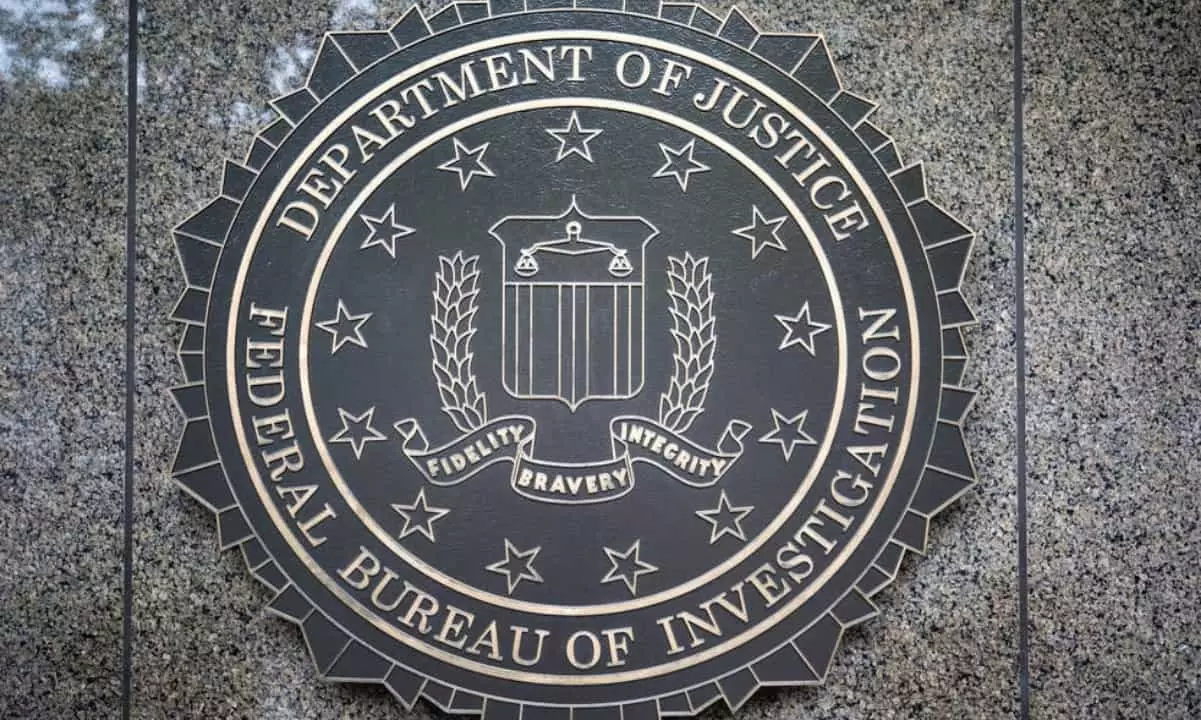In an alarming turn of events, the cryptocurrency landscape has come under intense scrutiny with significant legal action taken against several companies and individuals accused of extensive fraud and market manipulation. Following an innovative investigation spearheaded by the Federal Bureau of Investigation (FBI), three crypto firms—Gotbit, ZM Quant, and CLS Global—found themselves in a legal battle alongside 15 individuals, suspected of employing various deceitful strategies that not only distorted market data but also victimized unsuspecting investors.
The case was brought to light by a groundbreaking approach taken by the FBI, which actually established a fictitious crypto company named NexFundAI. Utilizing this facade, investigators launched a new digital token on the Ethereum blockchain, enticing the aforementioned firms to engage in manipulation activities. This strategic maneuver aimed to uncover criminal behavior within the crypto sector, particularly focusing on practices like “pump and dump” schemes that have long plagued financial markets by artificially inflating token prices to profit at the expense of regular investors.
Acting US Attorney Joshua Levy emphasized the severity of the defendants’ actions in artificially boosting trading volumes, describing the scenario as an unfortunate fusion of modern technology exploited by traditional fraudulent practices. The investigation revealed a staggering figure: over $25 million in crypto assets were seized, demonstrating the extensive reach and financial implications of these manipulations.
The charges have led to multiple arrests, with four individuals apprehended and five others pleading guilty in connection with these malpractices. Notably, the legal net captured prominent figures within these companies, including Gotbit’s CEO Aleksei Andriunin and Saitama’s CEO Manpreet Singh Kohli. These arrests send a clarion call to other crypto entities as an indication that regulatory bodies are intensifying their pursuit of accountability and justice in a space notorious for its lack of oversight.
The Securities and Exchange Commission (SEC) has also positioned itself in the aftermath, filing civil cases that correspond with the criminal charges announced by the prosecutors. This dual approach intends to comprehensively address both criminal and civil violations within the cryptocurrency framework.
As the dust begins to settle, it becomes evident that the fallout from this investigation extends beyond the immediate legal consequences faced by the involved parties. Regular investors, many of whom have become increasingly drawn to the crypto space, are left vulnerable amidst ongoing manipulative practices. The inflated market values of tokens manipulated by firms like Saitama, which peaked at $7.5 billion, raise alarm bells about the integrity of crypto investments and the pressing need for stricter regulations.
This episode serves as a stark reminder of the vulnerabilities within the rapidly evolving digital currency landscape, underscoring the importance of regulatory frameworks and investor protection measures. As public awareness grows, the pressure mounts on relevant authorities to establish a more secure trading environment that safeguards the interests of individual investors against the predatory tactics of unscrupulous firms. With the FBI and SEC paving the way for enhanced oversight, the future of cryptocurrency may shift toward a more regulated and accountability-driven ecosystem.

